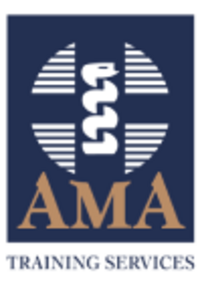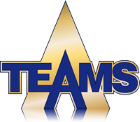
This role has a high level of AI exposure. While some human skills are required, many tasks could be automated or replaced by new technology.
Explore all careersA Medical Secretary handles administrative tasks in healthcare, including scheduling appointments, managing correspondence, and liaising with patients and providers.
Get qualified to work as a Medical Secretary with a course recognised across Australia. Speak to a training provider to learn more.

















In Australia, a full time Medical Secretary generally earns $1,100 per week ($57,200 annual salary) before tax. This is a median figure for full-time employees and should be considered a guide only. As you gain more experience you can expect a potentially higher salary than people who are new to the industry.
 Courses.com.au Team
Courses.com.au Team
The number of people working in this job role has grown strongly in recent years. There are currently 46,700 people employed as a Medical Secretary in Australia compared to 42,000 five years ago. Medical Secretaries may find work across all regions of Australia.
Source: Australian Government Labour Market Insights
 Courses.com.au Team
Courses.com.au Team
If you’d like to start a career as a Medical Secretary, consider enrolling in a Certificate III in Business Administration (Medical). This course will give you the skills to interpret medical terminology, manage patient records and process medical accounts. A Certificate III in Health Administration may also be appropriate.
 Courses.com.au Team
Courses.com.au Team
Browse occupations related to Medical Secretary



Explore a range of comprehensive Medical Secretary courses in Griffith designed to equip you with the essential skills required in the healthcare administration field. For those starting their journey, several beginner courses are available. The Certificate III in Health Administration HLT37315 provides foundational knowledge in managing health office environments, while the Certificate III in Business (Medical Administration) BSB30120 focuses on administrative tasks specific to medical settings. Additionally, courses like Interpret and Apply Medical Terminology Appropriately BSBMED301 are also crucial for building a strong base in medical language and communication.
For those with prior qualifications or experience, Griffith offers advanced Medical Secretary courses tailored to enhance your expertise. Enrol in the Certificate IV in Health Administration HLT47321 to delve deeper into management practices and regulatory frameworks within the healthcare sector, or consider the Diploma of Healthcare Documentation 10795NAT for specialisation in documentation processes vital to patient care. Such qualifications can significantly broaden your career prospects in Griffith's ever-evolving health industry.
With a focus on quality training, the available Medical Secretary courses in Griffith are delivered by recognised training providers, ensuring that you receive the latest knowledge and practical skills vital for success in healthcare administration. The Undergraduate Certificate in Health Care Communications offers targeted learning in effective communication strategies, and the Certificate IV in Health Administration HLT47315 helps refine your administrative abilities to fit the demanding requirements of health care workers.
Investing in your education with Medical Secretary courses in Griffith can be a transformational step towards a fulfilling career. By gaining respected qualifications from your local training providers, you will enhance your employability and open doors to numerous opportunities within the health sector. Start your journey by exploring these courses today, and take the first step toward a rewarding career in medical administration.